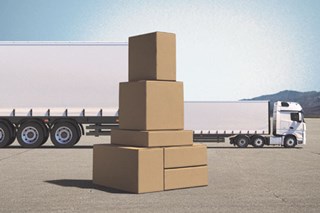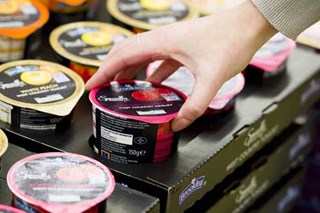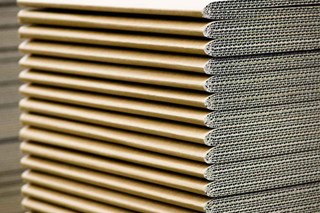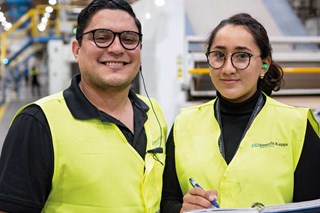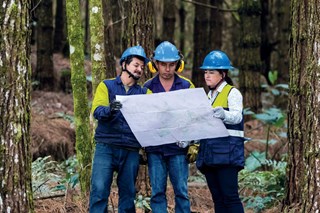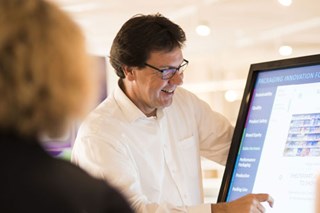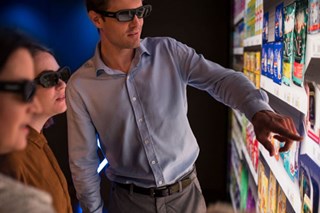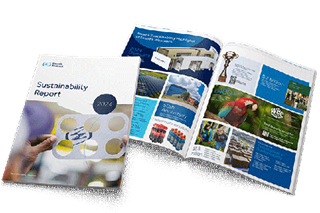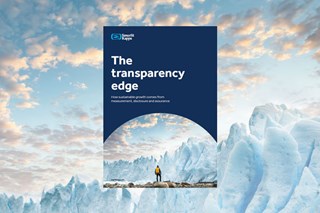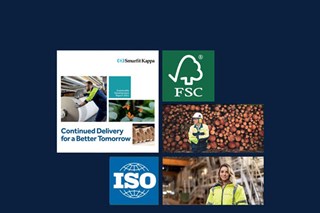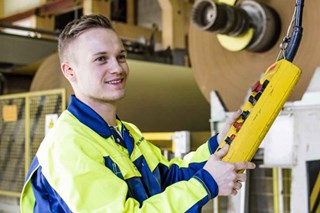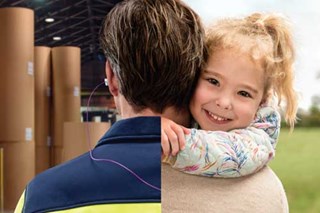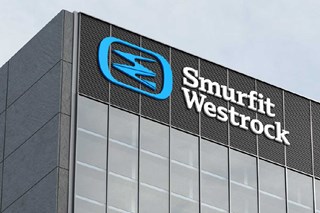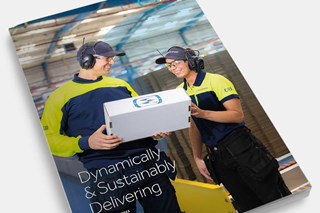Supporting the health of our rivers
Smurfit Kappa Wrexen’s goal is to have the best water consumption and lowest environmental footprint of any comparable paper mill.
Many paper mills use river water and release treated process water back. To minimise the process water¬ discharge’s organic content (COD), the water is being treated in a water treatment plant and part of the water purifying process is done by bacteria. The bacteria need nutrition, which is managed through taking water samples and adding nutrients such as phosphorous and urea that activate the bacteria.
At Wrexen mill in Germany, this is more complex because it produces both brown and white paper, which require different doses of nutrients. Wrexen’s water treatment could only take one sample per day, so it could not accurately synchronise nutrient doses with production. There are strict regulations on effluent and Smurfit Kappa has a 2025 target to reduce COD by 60% compared with 2005 levels, so Kay Berndt, Manager of Technology, Innovation & Development at Wrexen identified an opportunity to automate the water analysis and treatment process.
Kay’s team installed automatic water sensing devices in a shelter outside the mill to take readings every 20 minutes. Despite the faster flow of data, calculations to define nutrient dosages still had to be done manually. Kay’s team spent months researching a solution – and found a correlation with levels of oxygen, pH, and temperature, which enabled them to predict what dosages the water discharge would need, depending on the production schedule.
“We wanted Wrexen to have the best water consumption and lowest environmental footprint of any comparable mill,” says Kay. “The better the water discharge quality, the more we support the health and wellbeing of our rivers. This new part of the mill is integral of our production process and enables us to reuse most of our water.”
With this new automated process, Wrexen has reached a 20% COD reduction, uses 10% less fresh water, has reduced chemical use by 5% and manual handling by 70%. The process has wider ramifications for the industry too, as it could be replicated at many other mills – and a Smurfit Kappa mill in the UK is already exploring how to adopt it.
Smurfit Kappa's aim is to contribute to a world with sustainable water management, supporting the concept of circularity in water use. Learn more about our water commitments.

